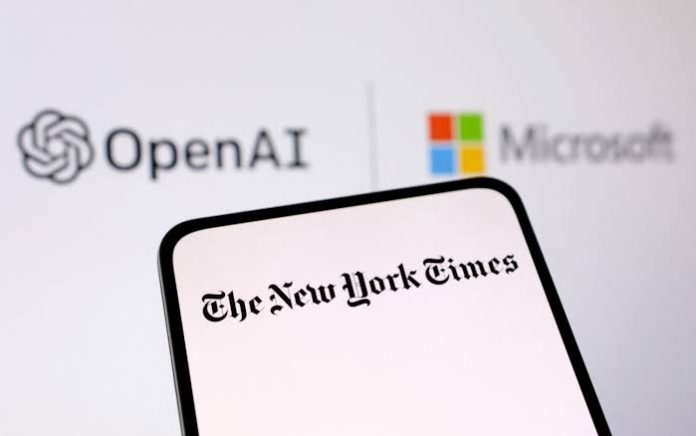
In December 2023, The New York Times initiated legal action against OpenAI, alleging copyright infringement. The newspaper accused OpenAI of utilizing its extensive article archive without permission to train its AI model, ChatGPT.
OpenAI responded robustly by challenging The New York Times to substantiate the originality of their content. They demanded access to reporter’s notes and other pertinent documents to support the Times’ claims of ownership. This move triggered significant controversy and accusations from The New York Times, labeling OpenAI’s request as harassment. They argued that the demand exceeded legal bounds and accused OpenAI of attempting to intimidate and burden the newspaper.
In a parallel development, the Center for Investigative Reporting and other media entities joined the legal fray, also filing lawsuits against OpenAI. They accused the AI company of similarly unauthorized use of their content for training AI models, asserting violations of their copyright protections.
These lawsuits underscore the escalating conflict between traditional media organizations and emergent AI technologies. Media firms are deeply concerned about safeguarding their intellectual property rights amidst the rapid advancement of AI. Meanwhile, AI companies argue for broad access to data as essential for the refinement and advancement of their technologies.
The outcomes of these legal battles could significantly influence how AI companies and media organizations navigate the intersection of technology and intellectual property rights in the future.